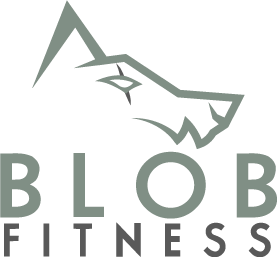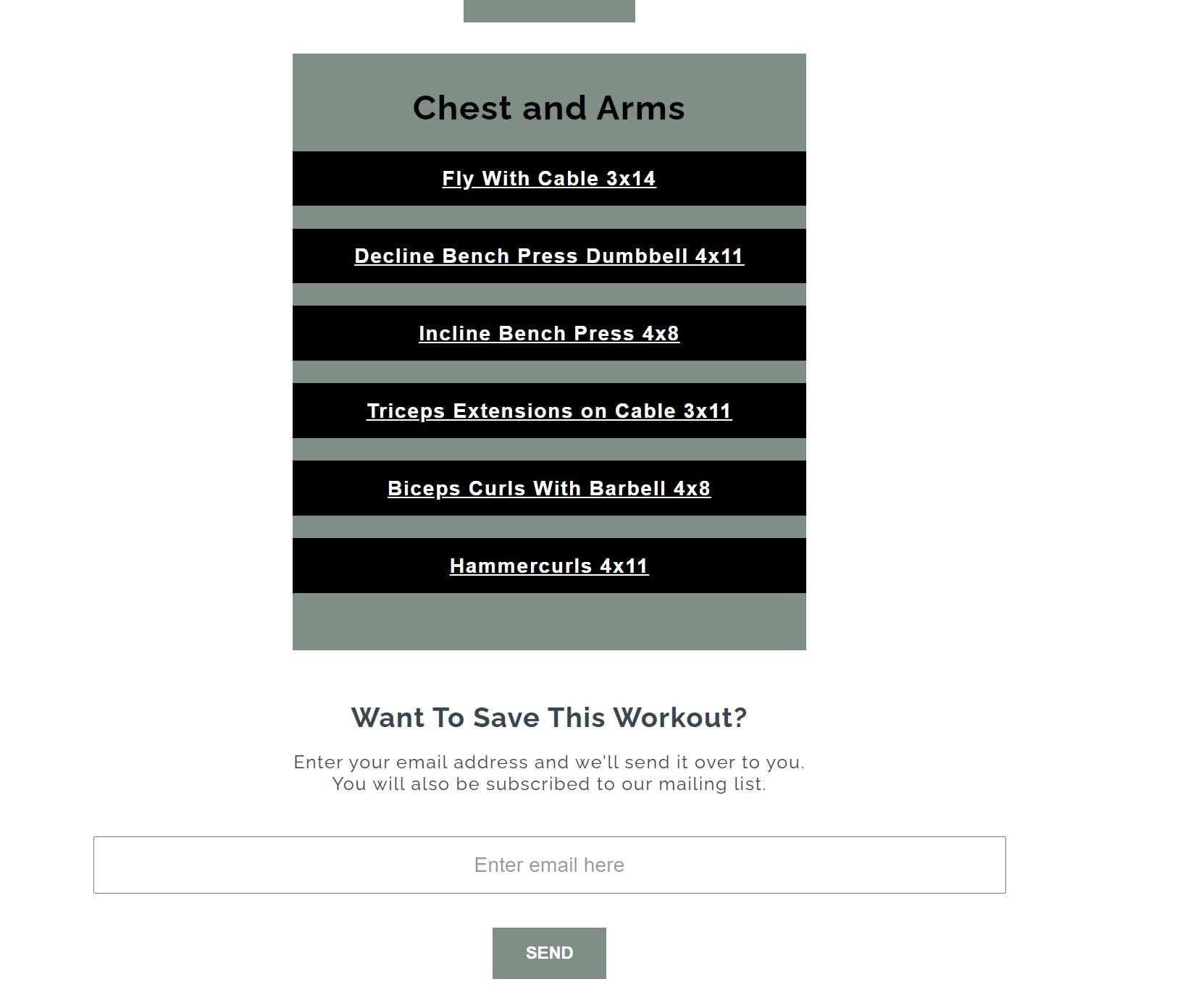Training vs exercising is an important distinction that needs to be made especially if you’re trying to progress and move heavier weights or to meet body composition goals.
A training program consists of exercises and workouts formulated and designed to meet your goals. For some, it’s fairly common to just go and want to exercise or to go and workout without any real structured program to follow. This is fine in some cases honestly. Maybe you’re just trying to get a little bit of extra work done or you’re looking to just burn some extra calories overall. There could be cases where you’re experimenting with exercises to follow a better training program. All of that is fine. However, exercising is just a means to burn calories, whereas training is to meet specific goals.
No matter your goals, you should have a tailored training program to meet those goals. Let’s go over why you will make better progression with training than just exercising.
Progressive Overload
Progressive overload is one of the most important portions of a training program. Every good training program should have progressive overload included in it. It will allow you to progressively continue to get stronger throughout the program at a steady rate. This is very important considering the main purpose of training and working out is to get stronger or at a minimum maintain strength in general. You’re not training to get weaker. Most people correlate strength to large muscle mass when this isn’t the case. There are plenty of freakishly strong people that don’t have the muscle tone or definition you might see on a bodybuilder.
If you’re just exercising or just working out, most likely you won’t be following the foundations of progressive overload which are critical to building strength.
Implemented Deload Weeks
Resting and recovery are probably some of the more underrated portions when it comes to progressing and meeting your goals. Without adequate rest and recovery, you can easily burn yourself out, start to lose strength, and even risk injury as well.
This can cause issues for obvious reasons. A good training program has planned deload weeks implemented into it. A deload week is meant to give your body time to recover during an active recovery week. You’ll still be training, but not to the same intensity that you normally would be.
With this implemented portion into your training, you can easily continue to meet your goals but also take a scheduled ‘break’ to help ensure recovery and get you ready for the next block of training.
Designed and Planned for Your Needs
What I love about training programs is that they’re tailored to meet your goals. You won’t be doing useless exercises and workouts that may not benefit you and what you’re trying to achieve. A training program can easily work on your weaknesses and also improve your strengths. It’s a blueprint to meet your goals. I’ve designed dozens of training programs for many clients. If you ever want one created, feel free to message me at contact@blobfitness.com
Final Thoughts
Training programs are an ideal way to meet your goals. If your goal was on building a home, you would follow a blueprint on how to do so. This is the same thing when it comes to meeting your physical goals. You have goals that need a proper plan to execute and for you to achieve those goals. If you’re just working out or exercising for the sake of doing so, it’s very easy to fall off or miss those goals considering there is no plan in place.
Again, I don’t believe just working out or exercising is a bad thing considering it’s for the right reasons. You can even find a workout generator that can be extremely beneficial in specific use cases.
If you ever want a program created for you, feel free to message me at contact@blobfitness.com
As well, be on the lookout for a new product that will be giving you new weekly workouts that will be following the principles of a training program. Enter your email address below to keep up to date on when it’s released!
Photos:
- Photo by Skitterphoto from Pexels







